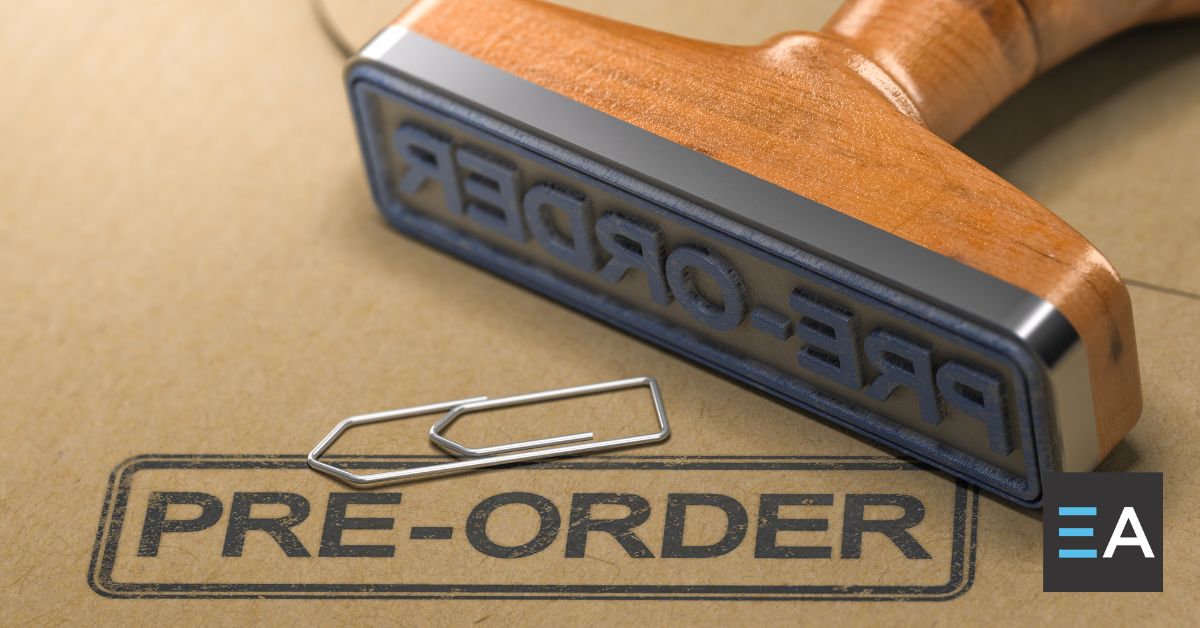
Using Book Preorders to Skyrocket Your Book Launch
August 12, 2024
Destroyer: Guardians of Life Series
August 28, 2024How Long Should a Chapter Be? Averages by Genre

All writers know that crafting an engaging story is essential for their success. They also know that a novel’s organization and structure matter, as the length of a book’s chapters can make or break the narrative. So how long should a chapter be, and what’s considered “average”? The answer might lie in the standards adopted by your genre.
Chapter length and its importance in storytelling
Chapter length is an integral component in the structure of every compelling story. Chapters serve as natural breaks, allowing the reader to catch their breath and process what they’ve just read before moving on to the story’s next section. A well-written chapter that ends at the right time or with a suspenseful cliffhanger can create tension and anticipation, propelling the reader forward to the next chapter.
However, there’s no “one size fits all” when it comes to chapter length, and depending on your genre, the average length might vary from just a few pages to more than a dozen.
Different chapter lengths across genres
Every author has unique preferences when it comes to the length of their chapters, and each story lends itself to a particular chapter length. Nevertheless, each genre has a standard or average chapter length that most authors follow.
For example, thrillers, sci-fi, and fantasy books tend to have longer chapters so the author can create richly detailed worlds and build tension as the stories evolve. On the other hand, cozy mysteries might have shorter chapters to keep the pace quick and the suspense high. For indie authors who want to publish and sell their masterpieces, it helps to understand the chapter length conventions in each genre.
Breaking down average chapter lengths by genre
Avid readers often find themselves lost in the captivating worlds created by their favorite authors, and the length of each chapter can enhance their reading experience. On average, romance novel chapters are the shortest, coming in at three to five pages. Science fiction chapters are usually quite a bit longer at ten to fifteen pages, and fantasy novel chapters tend to be in the twelve-to-eighteen-page ballpark.
Mystery and thriller novels generally contain the longest chapters: fifteen to twenty pages is average for those genres. While these standard chapter lengths are great guidelines that can help you begin to outline and structure your story, you don’t necessarily have to abide by them. After all, your story is as unique as you are!
Determining the right chapter length for your story
Should your book’s chapters be short and snappy or longer and more descriptive? There’s no universally correct answer here, as the right chapter length depends not only on the genre but on the author and story as well. Ultimately, your chapter length should complement the flow of your story and keep your readers engaged so they want to keep turning the pages.
Careful planning and mind mapping can make your writing more organized and reader-friendly, and that includes figuring out how to break up your story into chapters. Here are a few tips:
- Identify natural breaks in your story’s flow. Breaks in the action or plot development that could signal the start of a new chapter throughout your book are great places to end one chapter and start a new one.
- Use subheadings or section titles. Outlining the structure for your reader can let them know what to expect and enhance their enjoyment of your book.
- Experiment with different chapter lengths. Sometimes shorter chapters can create a more engaging pace for the reader, and in other parts of your book, a longer chapter might fit your story best.
The key to determining your story’s chapter structure is to keep your reader in mind and make sure that the chapter divisions enhance the overall reading experience.
Using editing to help determine chapter length
Comprehensive editing is crucial to every published work—and it involves more than copyediting and proofreading. A developmental edit looks at your book from a high level to ensure that the story flows and is structured well, and that the characters are well developed. Additionally, a developmental editor will provide feedback on the pace and rhythm of your manuscript, which includes the length of the chapters. It’s quite common for authors to rework and restructure their stories after receiving this editor’s feedback. Developmental editing is an intensive process, but it’ll help you achieve a cohesive, compelling, and impactful narrative.
The developmental edit usually takes place after the first draft is complete. However, some writers are visionaries who pen great stories but need a little help organizing their ideas into well-structured books. In these cases, an author might enlist the help of a developmental editor much earlier in the writing process. Whatever timing works for you, just call on the experts to lend a hand.
Our publishing experts can help you create the perfect chapter lengths
You’re a unique author, and your book contains a unique story. Although you should use your own writing style, Elite Authors can help identify chapter breaks for an effective story structure that will enhance your readers’ enjoyment of your masterpiece. Our personalized guidance and coaching can help you reach your storytelling potential and become a successfully published author.
Contact us today to tell us about your book, and our expert publishing consultants will provide you with a quote!


